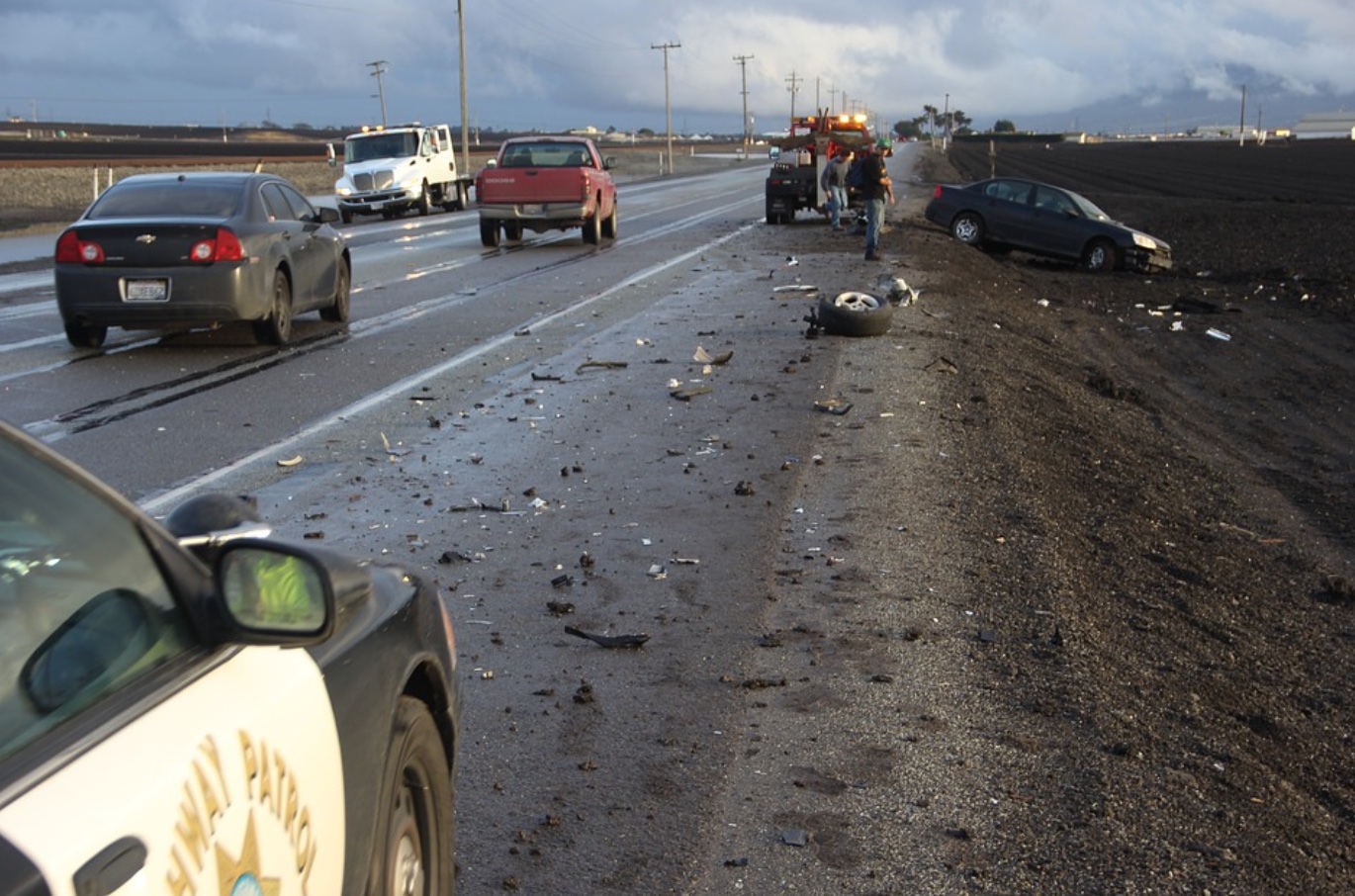To build a compelling case, it is essential to gather and present substantial evidence, including medical records, witness statements, expert testimony, and more.
Filing a wrongful death claim can be a complex and emotionally challenging process. The primary goal of such a claim is to seek justice and compensation for the loss of a loved one due to the negligence or misconduct of another party. To build a strong case, it is essential to gather and present compelling evidence. This article outlines the types of evidence needed when filing a wrongful death claim, particularly in Indianapolis, and highlights the importance of working with an experienced Indianapolis wrongful death lawyer.
Understanding Wrongful Death Claims
A wrongful death claim arises when a person dies due to the wrongful actions, negligence, or misconduct of another individual or entity. The claim is typically filed by the deceased’s family members or beneficiaries, seeking compensation for their loss. This compensation can cover a range of damages, including medical expenses, funeral costs, lost income, and loss of companionship.
To successfully file a wrongful death claim, it is crucial to demonstrate that the defendant’s actions directly caused the death of your loved one. This requires substantial evidence, which can be challenging to gather without the assistance of a knowledgeable attorney. An Indianapolis wrongful death lawyer can provide the necessary expertise and support to build a compelling case.
Types of Evidence Needed for a Wrongful Death Claim
- Medical Records
Medical records are one of the most critical pieces of evidence in a wrongful death claim. These documents provide detailed information about the deceased’s medical condition, the treatment they received, and the cause of death. Medical records can help establish a direct link between the defendant’s actions and the death of your loved one. This evidence can include:
- Hospital and clinic records
- Autopsy reports
- Medical bills and receipts
- Treatment plans and prescriptions
- Death Certificate
A death certificate is an official document that confirms the death of an individual and states the cause of death. This document is essential in any wrongful death claim as it provides a formal record of the death and can be used to establish the cause and circumstances surrounding it.
- Police Reports and Accident Reports
In cases where the wrongful death resulted from a car accident, workplace incident, or other situations involving law enforcement, police reports and accident reports are invaluable. These reports often contain crucial details about the incident, including:
- Date, time, and location of the incident
- Names and contact information of witnesses
- Statements from involved parties
- Description of the incident
- Diagram of the accident scene (if applicable)
- Witness Statements
Witness statements can provide powerful testimony in a wrongful death claim. Individuals who witnessed the incident can offer firsthand accounts of what happened, helping to establish the defendant’s negligence or misconduct. It is essential to gather statements from credible witnesses who can provide consistent and detailed accounts of the event.
- Expert Testimony
In many wrongful death cases, expert testimony can be crucial to establishing liability and causation. Experts can provide professional opinions and analysis that support your claim. Common types of experts used in wrongful death cases include:
- Medical experts: To testify about the cause of death and the quality of medical care provided.
- Accident reconstruction experts: To analyze the circumstances of an accident and determine fault.
- Financial experts: To calculate the financial impact of the deceased’s death on their family.
- Photographs and Videos
Visual evidence, such as photographs and videos, can be compelling in demonstrating the circumstances leading to the wrongful death. This evidence can include:

- Photographs of the accident scene
- Surveillance footage
- Images of injuries sustained
- Videos of the incident (if available)
Visual evidence can help paint a clear picture of what happened and support witness statements and expert testimony.
- Employment and Financial Records
When seeking compensation for lost income and financial support, employment and financial records are crucial. These documents can demonstrate the deceased’s earning capacity and the financial impact of their death on their family. Relevant records include:
- Pay stubs and tax returns
- Employment contracts
- Bank statements
- Pension and retirement plans
- Correspondence and Communication Records
Emails, text messages, and other forms of communication can sometimes provide evidence of negligence or misconduct. For example, in cases involving medical malpractice, communication between healthcare providers may reveal crucial information about the quality of care provided.
The Role of an Indianapolis Wrongful Death Lawyer
Gathering and presenting the necessary evidence in a wrongful death claim can be a daunting task. This is where the expertise of an Indianapolis wrongful death lawyer becomes invaluable. An experienced attorney can:
- Investigate the Incident: Conduct a thorough investigation to gather all relevant evidence and build a strong case.
- Identify and Interview Witnesses: Locate and interview witnesses who can provide valuable testimony.
- Work with Experts: Collaborate with medical, financial, and accident reconstruction experts to support your claim.
- Handle Legal Procedures: Navigate the complex legal procedures and ensure all necessary documentation is filed correctly and on time.
- Negotiate with Insurance Companies: Advocate on your behalf in negotiations with insurance companies to secure a fair settlement.
- Represent You in Court: If a settlement cannot be reached, represent you in court to pursue the compensation you deserve.
Conclusion
Filing a wrongful death claim is a significant step towards seeking justice and compensation for the loss of a loved one.
Working with an experienced Indianapolis wrongful death lawyer can provide the expertise and support needed to navigate this challenging process and secure the compensation your family deserves. While no amount of money can replace a loved one, a successful wrongful death claim can help ease the financial burden and hold the responsible parties accountable, providing a sense of justice and closure.


Join the conversation!